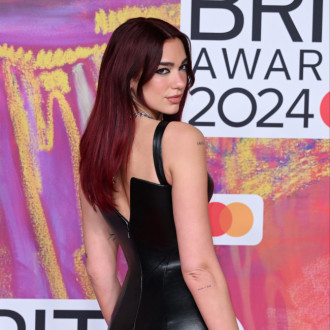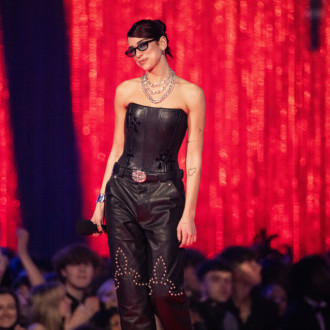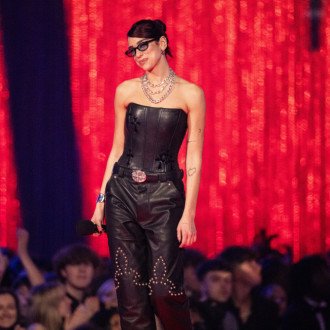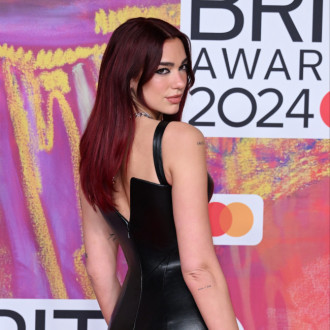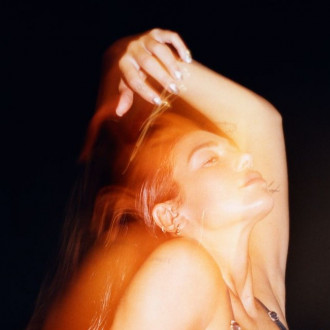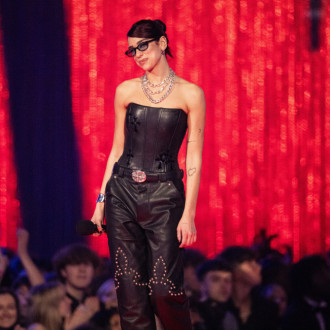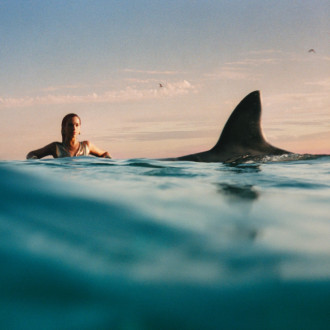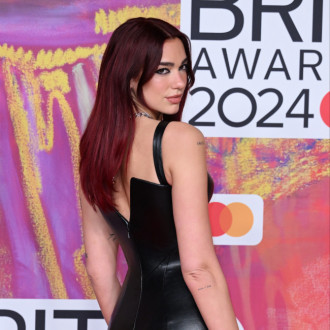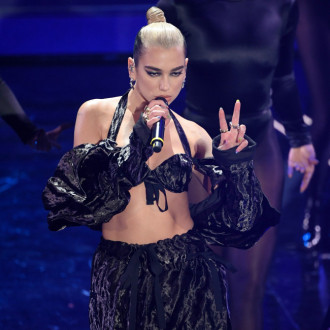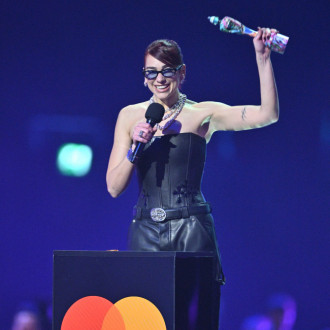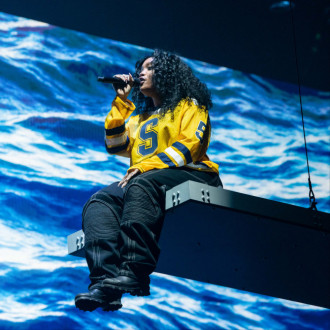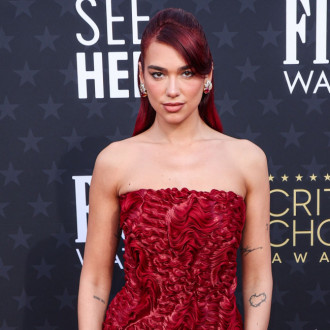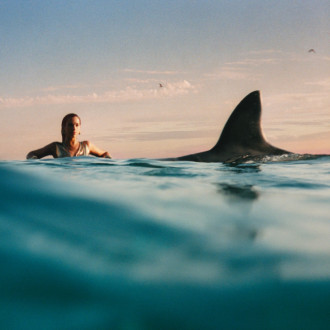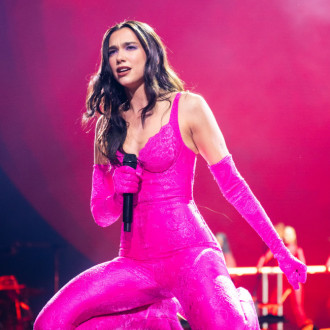Dua Lipa And Jess Glynne Fuel Huge Surge In Women Slaying The Charts
By Ed Biggs in Music / Festivals on 28 December 2018
New UK chart data for 2018 shows that female artists have nearly closed the gap regarding the number of weeks spent in the charts.
The gender gap is closing in the world of British pop music, according to new statistics, with the likes of Jess Glynne and Dua Lipa ensuring that women in pop are seeing their success begin to match that of their male counterparts.
Data analysis from the Press Association found that five of the ten most popular acts of 2018 were female or female-fronted, notching up a total of 310 weeks on the UK charts, in comparison to the 328 weeks achieved by male artists.
That’s a dramatic shift from compared to just a year ago, with the 2017 statistics showing that female artists spent just 226 weeks in the UK charts, with 386 weeks for men.
The 2018 data also shows that 49% of all songs in the charts were by, or featured, female artists, up from 35% last year.
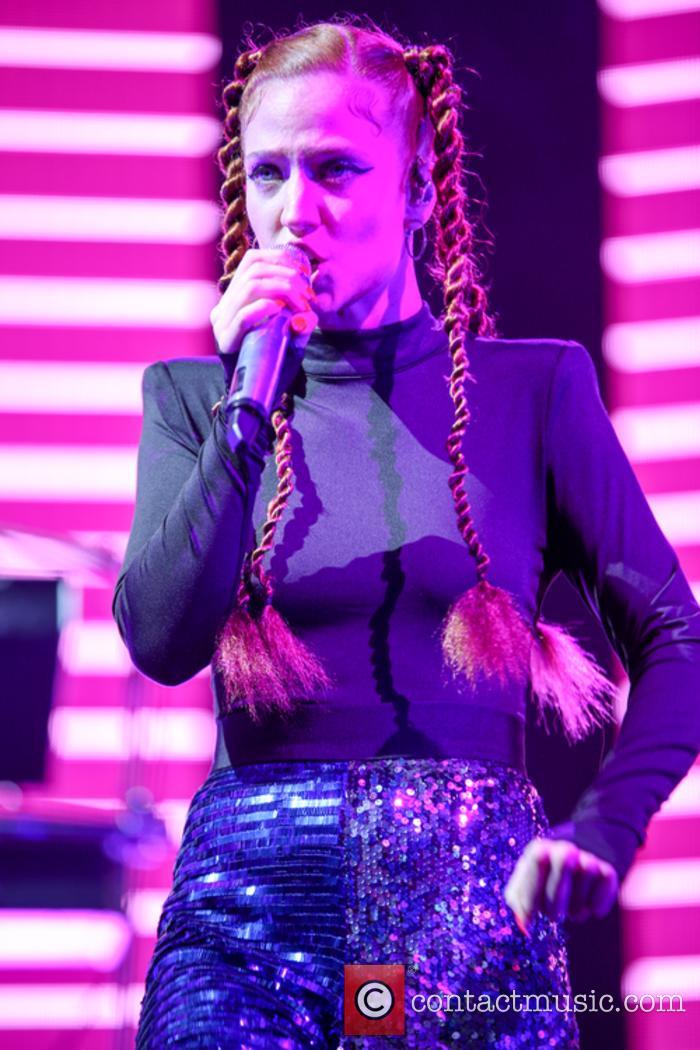 Jess Glynne performing live at Alnwick Castle in 2017
Jess Glynne performing live at Alnwick Castle in 2017
The list for 2018 was topped by the Canadian rapper Drake, who enjoyed yet another amazingly successful year with a total of 102 weeks on the chart for 13 songs. However, half of the rest of the top ten were female artists - rapper Cardi B came second with 77 weeks, British pop singer Dua Lipa finished third with 67, and Jess Glynne (59), Ariana Grande (58) and Anne-Marie (49) all featuring down the list.
More: Ed Sheeran breaks record for touring profits in one year
However, the data doesn’t reflect that some female-fronted pop hits, or which feature their performances as featured artists, have been produced by men. Dua Lipa’s biggest hit in 2018, for instance, was ‘One Kiss’, produced by Calvin Harris, therefore meaning both stars would get credited for the purposes of the statistics.
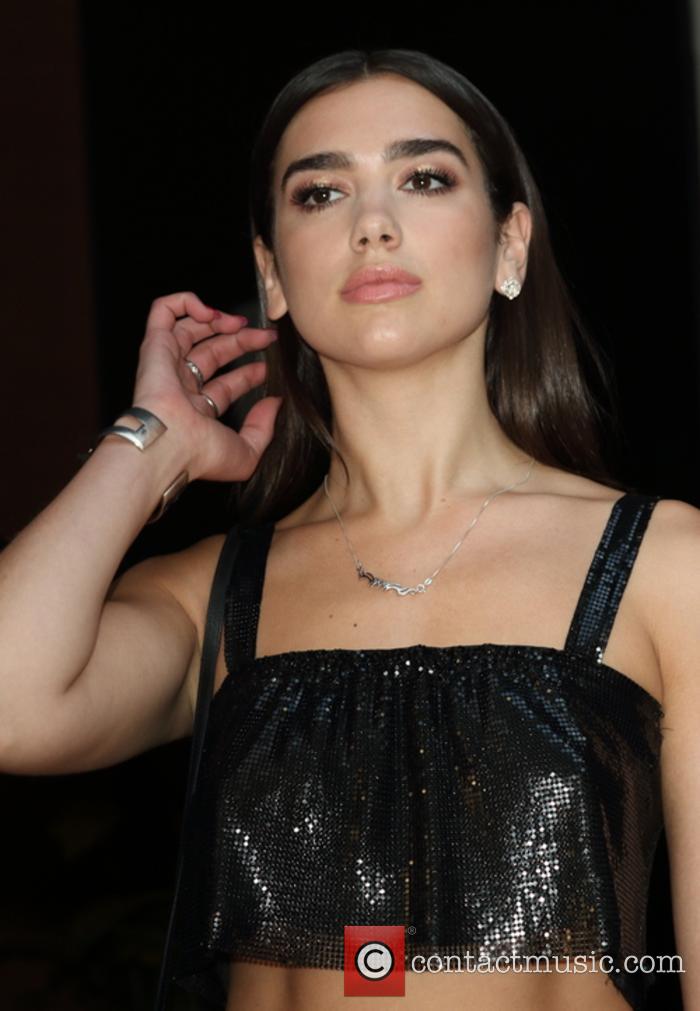 Brit break-out star Dua Lipa has powered the stats
Brit break-out star Dua Lipa has powered the stats
The surge in popularity of female-fronted pop comes in the context of improving equality in the music sector as a whole. In a survey published earlier this month, industry group UK Music found the proportion of women involved in music had risen from 45.3% in 2016 to 49.1% in 2018, with the percentage of young people (aged 16 to 24) in the industry up from 54.6% female in 2016 to 65.3% female in 2018.
More: Dua Lipa, Ed Sheeran and Harry Styles ensure record-breaking year for British music
Contactmusic
